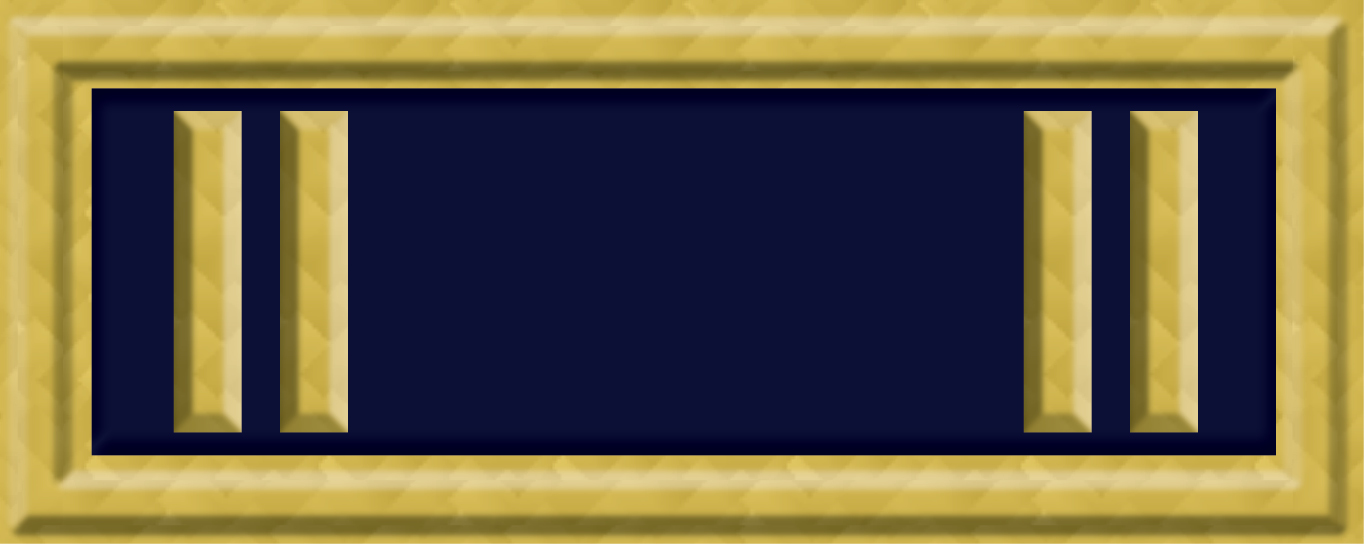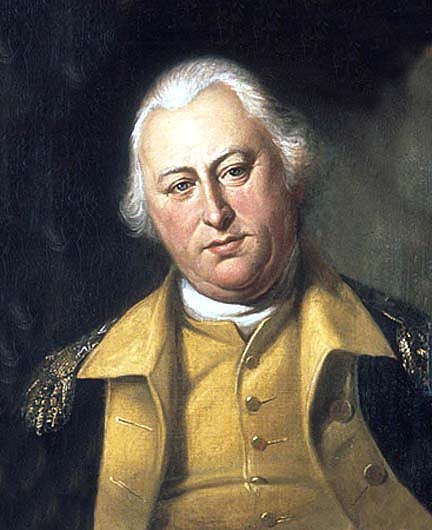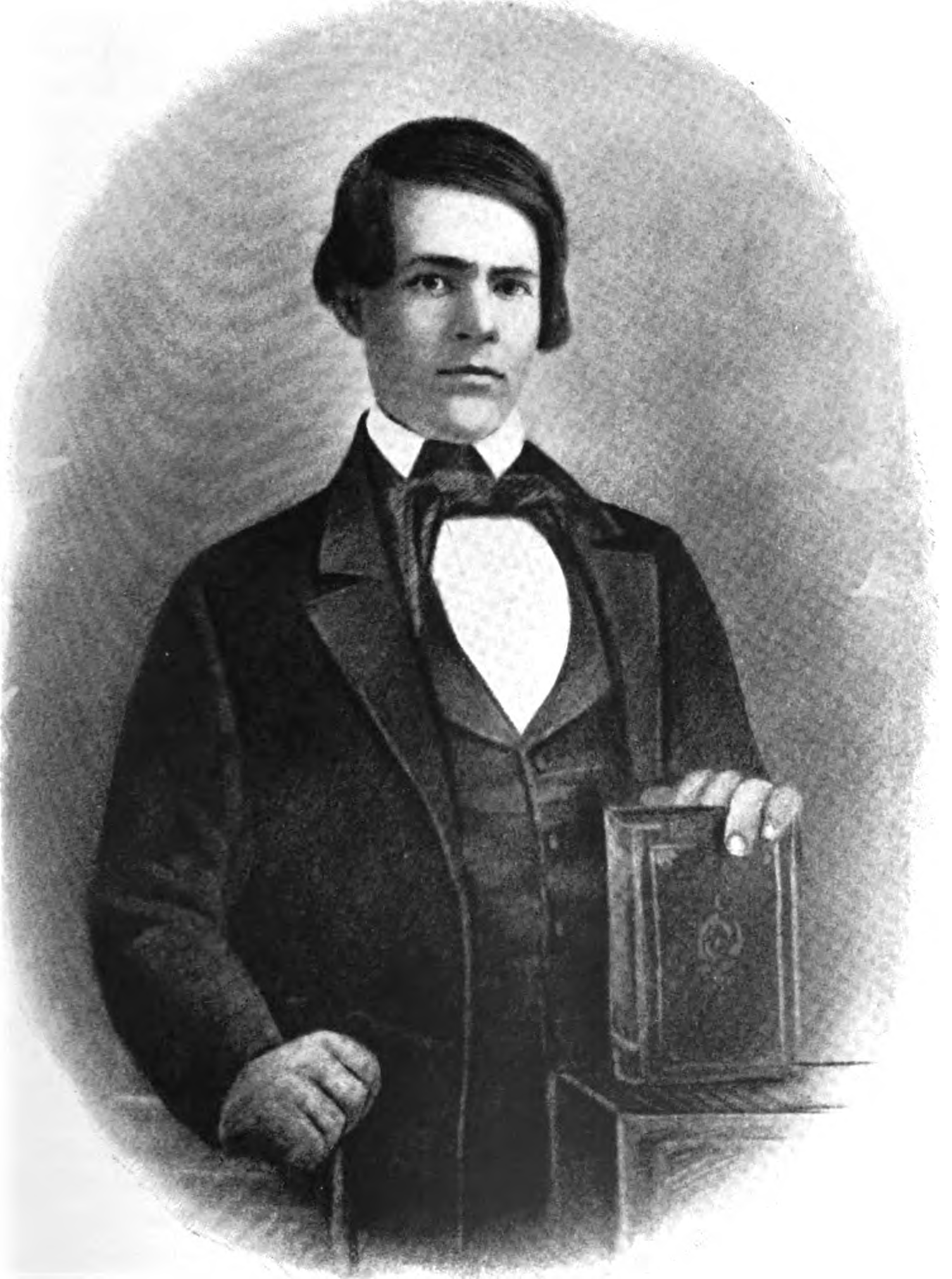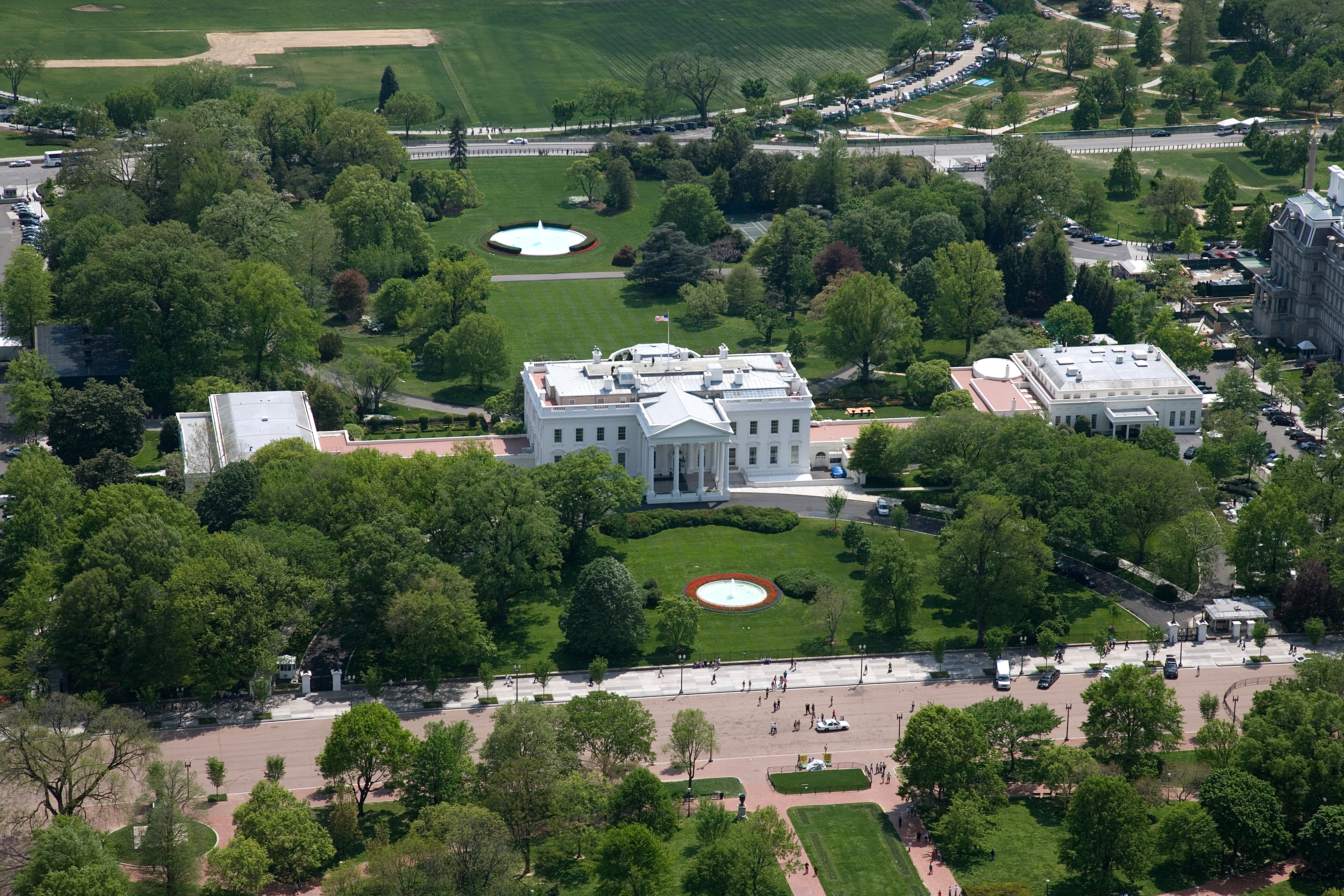|
1884 Republican National Convention
The 1884 Republican National Convention was a presidential nominating convention held at the Exposition Hall in Chicago, Illinois, on June 3–6, 1884. It resulted in the nomination of former House Speaker James G. Blaine from Maine for president and Senator John A. Logan of Illinois for vice president. The ticket lost in the election of 1884 to Democrats Grover Cleveland and Thomas A. Hendricks. In attendance were 1600 delegates and alternates and 6000 spectators. There were 820 official delegates; 411 votes were needed to win the nomination. The incumbent president, Chester A. Arthur, was not a serious contender due to ill health. Blaine was the favorite going in, but there was a possibility that President Arthur could build a coalition with smaller candidates such as George F. Edmunds. There were also rumors that members of the party would bolt if Blaine won the nomination. Neither Blaine nor Arthur were in attendance. Blaine was at his home in Augusta, Maine, and Arthur foll ... [...More Info...] [...Related Items...] OR: [Wikipedia] [Google] [Baidu] |
Presidential Nominating Convention
A United States presidential nominating convention is a political convention held every four years in the United States by most of the political parties who will be fielding nominees in the upcoming U.S. presidential election. The formal purpose of such a convention is to select the party's nominee for popular election as President, as well as to adopt a statement of party principles and goals known as the ''party platform'' and adopt the rules for the party's activities, including the presidential nominating process for the next election cycle. Since 1972, the delegates have been mostly selected in presidential primaries state by state. This allows the nominees to be decided before the convention opens. In the 1976 GOP race, Ronald Reagan did well in the primaries but had clearly lost to incumbent Gerald Ford when the convention opened. Other delegates to these conventions include political party members who are seated automatically, and are called " unpledged delegates" bec ... [...More Info...] [...Related Items...] OR: [Wikipedia] [Google] [Baidu] |
Chicago, Illinois
(''City in a Garden''); I Will , image_map = , map_caption = Interactive Map of Chicago , coordinates = , coordinates_footnotes = , subdivision_type = Country , subdivision_name = United States , subdivision_type1 = State , subdivision_type2 = Counties , subdivision_name1 = Illinois , subdivision_name2 = Cook and DuPage , established_title = Settled , established_date = , established_title2 = Incorporated (city) , established_date2 = , founder = Jean Baptiste Point du Sable , government_type = Mayor–council , governing_body = Chicago City Council , leader_title = Mayor , leader_name = Lori Lightfoot ( D) , leader_title1 = City Clerk , leader_name1 = Anna Valencia ( D) , unit_pref = Imperial , area_footnotes = , area_tot ... [...More Info...] [...Related Items...] OR: [Wikipedia] [Google] [Baidu] |
President Of The United States
The president of the United States (POTUS) is the head of state and head of government of the United States of America. The president directs the executive branch of the federal government and is the commander-in-chief of the United States Armed Forces. The power of the presidency has grown substantially since the first president, George Washington, took office in 1789. While presidential power has ebbed and flowed over time, the presidency has played an increasingly strong role in American political life since the beginning of the 20th century, with a notable expansion during the presidency of Franklin D. Roosevelt. In contemporary times, the president is also looked upon as one of the world's most powerful political figures as the leader of the only remaining global superpower. As the leader of the nation with the largest economy by nominal GDP, the president possesses significant domestic and international hard and soft power. Article II of the Constitution establ ... [...More Info...] [...Related Items...] OR: [Wikipedia] [Google] [Baidu] |
Robert Todd Lincoln
Robert Todd Lincoln (August 1, 1843 – July 26, 1926) was an American lawyer, businessman, and politician. He was the eldest son of President Abraham Lincoln and Mary Todd Lincoln. Robert Lincoln became a business lawyer and company president, and served as U.S. Secretary of War and U.S. Ambassador to the United Kingdom. Lincoln was born in Springfield, Illinois, and graduated from Harvard College before serving on the staff of Ulysses S. Grant as a captain in the Union Army in the closing days of the American Civil War. After the war, he married Mary Eunice Harlan, and they had three children together. Following completion of law school in Chicago, he built a successful law practice, and became wealthy representing corporate clients. Active in Republican politics, and a tangible symbol of his father's legacy, Lincoln was often spoken of as a possible candidate for office, including the presidency, but never took steps to mount a campaign. The one office to which he was el ... [...More Info...] [...Related Items...] OR: [Wikipedia] [Google] [Baidu] |
Secretary Of War
The secretary of war was a member of the U.S. president's Cabinet, beginning with George Washington's administration. A similar position, called either "Secretary at War" or "Secretary of War", had been appointed to serve the Congress of the Confederation under the Articles of Confederation between 1781 and 1789. Benjamin Lincoln and later Henry Knox held the position. When Washington was inaugurated as the first President under the Constitution, he appointed Knox to continue serving as Secretary of War. The secretary of war was the head of the War Department. At first, he was responsible for all military affairs, including naval affairs. In 1798, the secretary of the Navy was created by statute, and the scope of responsibility for this office was reduced to the affairs of the United States Army. From 1886 onward, the secretary of war was in the line of succession to the presidency, after the vice president of the United States, the Speaker of the House of Representatives, ... [...More Info...] [...Related Items...] OR: [Wikipedia] [Google] [Baidu] |
Connecticut
Connecticut () is the southernmost state in the New England region of the Northeastern United States. It is bordered by Rhode Island to the east, Massachusetts to the north, New York to the west, and Long Island Sound to the south. Its capital is Hartford and its most populous city is Bridgeport. Historically the state is part of New England as well as the tri-state area with New York and New Jersey. The state is named for the Connecticut River which approximately bisects the state. The word "Connecticut" is derived from various anglicized spellings of "Quinnetuket”, a Mohegan-Pequot word for "long tidal river". Connecticut's first European settlers were Dutchmen who established a small, short-lived settlement called House of Hope in Hartford at the confluence of the Park and Connecticut Rivers. Half of Connecticut was initially claimed by the Dutch colony New Netherland, which included much of the land between the Connecticut and Delaware Rivers, although the firs ... [...More Info...] [...Related Items...] OR: [Wikipedia] [Google] [Baidu] |
Joseph Roswell Hawley
Joseph Roswell Hawley (October 31, 1826March 18, 1905) was the 42nd Governor of Connecticut, a U.S. politician in the Republican and Free Soil parties, a Civil War general, and a journalist and newspaper editor. He served two terms in the United States House of Representatives and was a four-term U.S. Senator. Early life and career Hawley, a direct descendant of Joseph Hawley (Captain), first of the name in America, through Ebenezer, Joseph and Samuel, was born in Stewartsville, near Laurinburg, North Carolina, where Hawley's father, a native of Connecticut, was pastor of a Baptist church. He was born at the Stewart-Hawley-Malloy House; it was added to the National Register of Historic Places in 1975. His father returned to Connecticut in 1837 and Joseph attended and graduated from Hamilton College in New York in 1847. He was admitted to the bar in 1850 and practiced law in Hartford, Connecticut for six years. An ardent opponent of slavery, Hawley became a Free Soiler, was a ... [...More Info...] [...Related Items...] OR: [Wikipedia] [Google] [Baidu] |
John Sherman
John Sherman (May 10, 1823October 22, 1900) was an American politician from Ohio throughout the Civil War and into the late nineteenth century. A member of the Republican Party, he served in both houses of the U.S. Congress. He also served as Secretary of the Treasury and Secretary of State. Sherman sought the Republican presidential nomination three times, coming closest in 1888, but was never chosen by the party. Born in Lancaster, Ohio, Sherman later moved to Mansfield, Ohio, where he began a law career before entering politics. Initially a Whig, Sherman was among those anti-slavery activists who formed what became the Republican Party. He served three terms in the House of Representatives. As a member of the House, Sherman traveled to Kansas to investigate the unrest between pro- and anti-slavery partisans there. He rose in party leadership and was nearly elected Speaker in 1859. Sherman was elected to the Senate in 1861. As a senator, he was a leader in financial ... [...More Info...] [...Related Items...] OR: [Wikipedia] [Google] [Baidu] |
Telegraphy
Telegraphy is the long-distance transmission of messages where the sender uses symbolic codes, known to the recipient, rather than a physical exchange of an object bearing the message. Thus flag semaphore is a method of telegraphy, whereas pigeon post is not. Ancient signalling systems, although sometimes quite extensive and sophisticated as in China, were generally not capable of transmitting arbitrary text messages. Possible messages were fixed and predetermined and such systems are thus not true telegraphs. The earliest true telegraph put into widespread use was the optical telegraph of Claude Chappe, invented in the late 18th century. The system was used extensively in France, and European nations occupied by France, during the Napoleonic era. The electric telegraph started to replace the optical telegraph in the mid-19th century. It was first taken up in Britain in the form of the Cooke and Wheatstone telegraph, initially used mostly as an aid to railway signalling. Th ... [...More Info...] [...Related Items...] OR: [Wikipedia] [Google] [Baidu] |
White House
The White House is the official residence and workplace of the president of the United States. It is located at 1600 Pennsylvania Avenue NW in Washington, D.C., and has been the residence of every U.S. president since John Adams in 1800. The term "White House" is often used as a metonym for the president and his advisers. The residence was designed by Irish-born architect James Hoban in the neoclassical style. Hoban modelled the building on Leinster House in Dublin, a building which today houses the Oireachtas, the Irish legislature. Construction took place between 1792 and 1800, using Aquia Creek sandstone painted white. When Thomas Jefferson moved into the house in 1801, he (with architect Benjamin Henry Latrobe) added low colonnades on each wing that concealed stables and storage. In 1814, during the War of 1812, the mansion was set ablaze by British forces in the Burning of Washington, destroying the interior and charring much of the exterior. Reconstruction began ... [...More Info...] [...Related Items...] OR: [Wikipedia] [Google] [Baidu] |
Augusta, Maine
Augusta is the capital of the U.S. state of Maine and the county seat of Kennebec County. The city's population was 18,899 at the 2020 census, making it the tenth-most populous city in Maine, and third-least populous state capital in the United States after Montpelier, Vermont, and Pierre, South Dakota. Located on the Kennebec River at the head of tide, it is the principal city in the Augusta-Waterville Micropolitan Statistical Area and home to the University of Maine at Augusta. History The area was first explored by the English of the short-lived Popham Colony in September 1607. 21 years later, English settlers from the Plymouth Colony settled in the area in 1628 as part of a trading post on the Kennebec River. The settlement was known by its Native American name ''Cushnoc'' (or Coussinoc or Koussinoc), meaning "head of the tide." Fur trading was at first profitable, but because of Native uprisings and declining revenues, Plymouth Colony sold the Kennebec Patent in 1 ... [...More Info...] [...Related Items...] OR: [Wikipedia] [Google] [Baidu] |
Thomas A
Thomas may refer to: People * List of people with given name Thomas * Thomas (name) * Thomas (surname) * Saint Thomas (other) * Thomas Aquinas (1225–1274) Italian Dominican friar, philosopher, and Doctor of the Church * Thomas the Apostle * Thomas (bishop of the East Angles) (fl. 640s–650s), medieval Bishop of the East Angles * Thomas (Archdeacon of Barnstaple) (fl. 1203), Archdeacon of Barnstaple * Thomas, Count of Perche (1195–1217), Count of Perche * Thomas (bishop of Finland) (1248), first known Bishop of Finland * Thomas, Earl of Mar (1330–1377), 14th-century Earl, Aberdeen, Scotland Geography Places in the United States * Thomas, Illinois * Thomas, Indiana * Thomas, Oklahoma * Thomas, Oregon * Thomas, South Dakota * Thomas, Virginia * Thomas, Washington * Thomas, West Virginia * Thomas County (other) * Thomas Township (other) Elsewhere * Thomas Glacier (Greenland) Arts, entertainment, and media * ''Thomas'' (Burton novel) 1969 nove ... [...More Info...] [...Related Items...] OR: [Wikipedia] [Google] [Baidu] |
.jpg)






